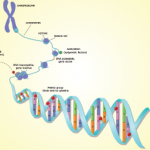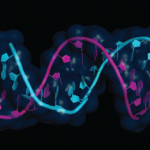SAN FRANCISCO—The challenges of trying to solve the puzzle of lupus, in light of its broad heterogeneity of symptoms, manifestations in clinical involvement and treatment response, and the sheer complexities of the immune system, are driving researchers into ever more elaborate investigations of how the immune system functions in lupus patients. Genetic, transcriptomic and epigenetic…


